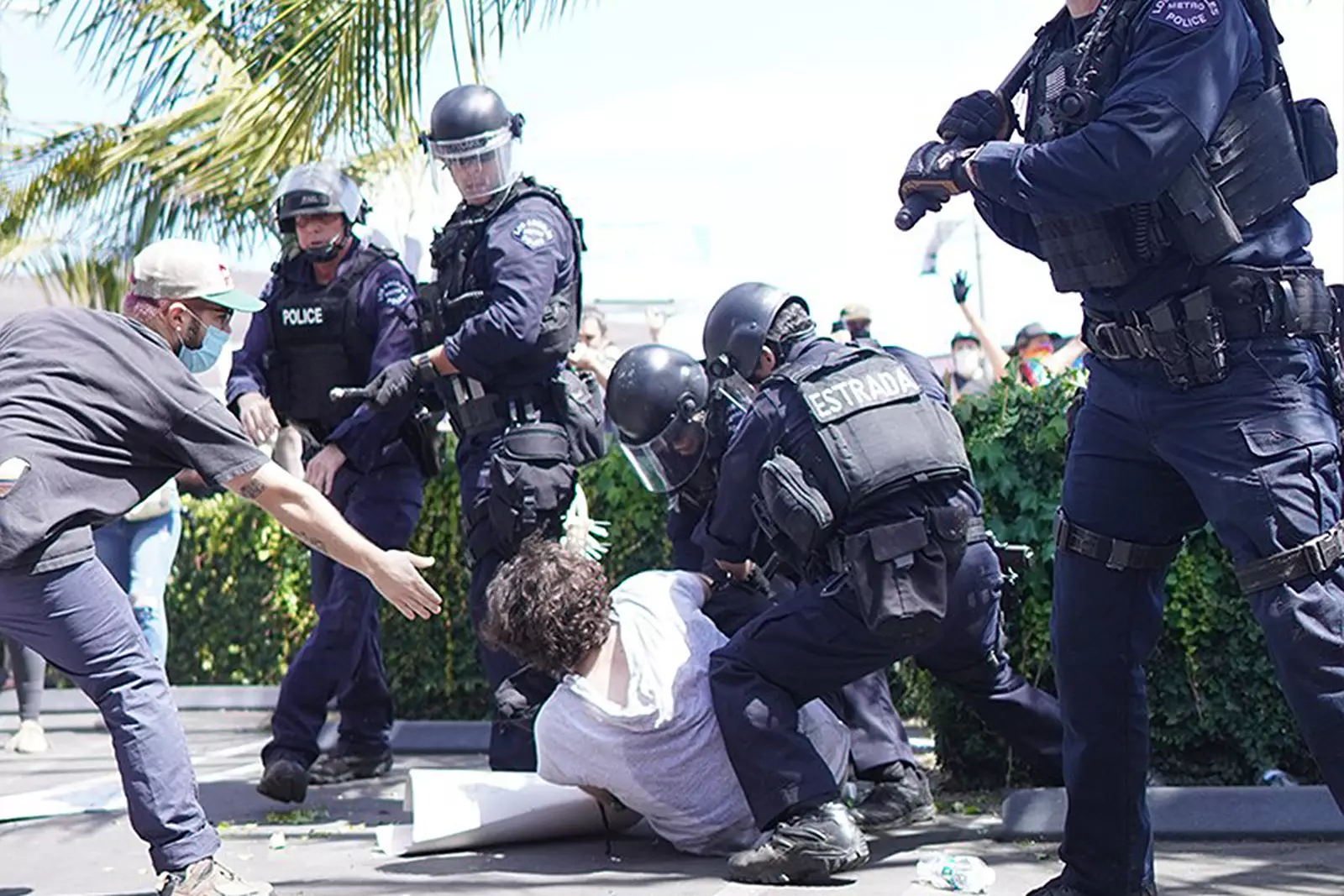If you are arrested for a crime, there are three basic things you should know. Keep your hands where the police can see them, don’t argue, and get a lawyer. These rights apply even if you have a mental health problem, such as depression. Depending on the circumstances, the police may take you to a police station. It is important to have an adult with you, especially if you are a child or a vulnerable person.
Keep your hands where the police can see
If you’re pulled over by the police, stay in your vehicle, turn on your headlights, and hold documents close to you. Roll down your window if possible and hand them through the window if you don’t have a window defroster. Turn on your interior dome lights if you have one. Also, keep your hands out of your pockets and don’t open them until you are asked. If you open your mouth, you may give the officer the impression that you’re hiding and will be questioned longer.
If you’re arrested, keep your body language and words as neutral as possible. Avoid making any accusations against the police and resisting arrest. Stay calm and don’t argue with the officer. It can result in additional charges. When asked if you can leave, make sure your hands are in full view. If you’re still in custody, ask to speak to a lawyer. Write down everything that you remember and try to find witnesses.
Avoid arguing with police
If you are stopped by police and you are not driving, try to tell them that you are a guest and do not resist. Do not retaliate or argue with them and make sure to follow their orders. They will ask you some basic questions, and you should be calm and polite. Ask for a lawyer if you need one. The police are trained to respond in ways that may be unwarranted, so it is best to keep your cool.
It is always better to be calm than to argue with the police. Although we should respect the police, poor decision-making by some officers makes it difficult to show respect to them. Remember that arguing with the police is not a crime but it can result in you being arrested for disorderly conduct. Remember that the officer should check if you have any weapons, from handguns to disposable razor blades. If you have a weapon in your hand, you could end up getting a violent charge.
Don’t cooperate with police
There are many reasons why you should not cooperate with the police if you are arrested. Usually, it means that you are incriminating yourself or supplying evidence against more serious criminals. It can also result in retribution. If you are innocent, never argue with the police or refuse to cooperate. In such a situation, it is best to hire an attorney and discuss your rights. Here are some common examples.
If you are arrested, don’t resist. Your refusal to cooperate with the police will help the police to have probable cause to arrest you and use force against you. Police are not allowed to use excessive force if you resist them. However, if you refuse to cooperate, you could endanger your physical safety and jeopardize your rights. Moreover, refusing to cooperate could lead to a more serious situation and you may not be able to file a civil claim.
Get a lawyer
Getting arrested can be a stressful and unpleasant experience, and it’s important to get a lawyer right away. Although the police may say things to pressure you into giving statements and cooperating with their investigation, a lawyer will protect your rights and ensure the best possible outcome of the case. You should not talk to the police or even participate in lineups without a lawyer. You should also call a lawyer’s hotline for help and arrange bail.
Once you’re arrested, the police will most likely take you to Central Booking. The police will read you your Miranda rights and ask you some questions. You shouldn’t answer any of these questions, as you may be disoriented, tired, scared, or anxious. Instead, answer their questions by saying, “I need a lawyer.” If the police try to get you to answer questions without a lawyer, stop answering, and demand a lawyer. You will likely be taken to Central Booking, which will be where the police will take you to get processed.
Avoid being arrested at home
If you’re afraid of getting arrested, it’s best to avoid being arrested at home by keeping certain things in mind. The chances of getting arrested are greater if you stay home when you hear about a disturbance or volatile situation. Here are five tips to avoid being arrested at home. Taking these steps can significantly reduce the chances of getting arrested. You’ll be able to avoid the most common mistakes people make when getting arrested.
Remember that police officers can arrest you only if they have a valid warrant. When this happens, the police must show you the warrant and explain why they are arresting you. If you feel that the arrest is unfair, you have the right to hire an attorney. If you’re arrested at home, you can call your family and friends. You can also file a formal complaint with your local police jurisdiction. When arrested, stay calm and don’t argue or say anything that may be used against you in court. Make sure your hands are out of your pockets and are visible at all times.





